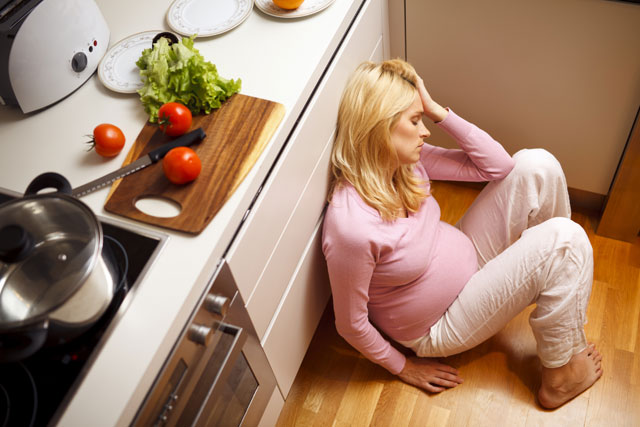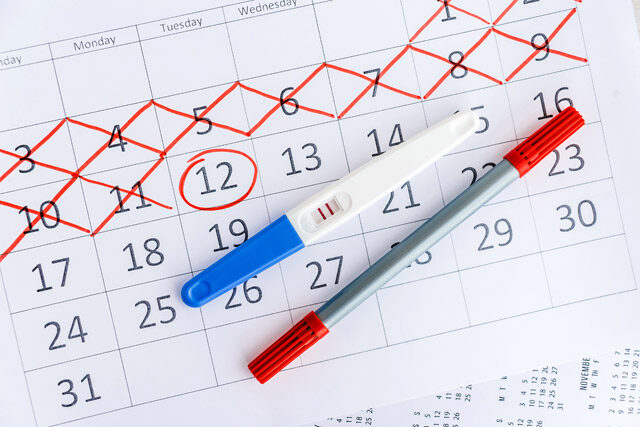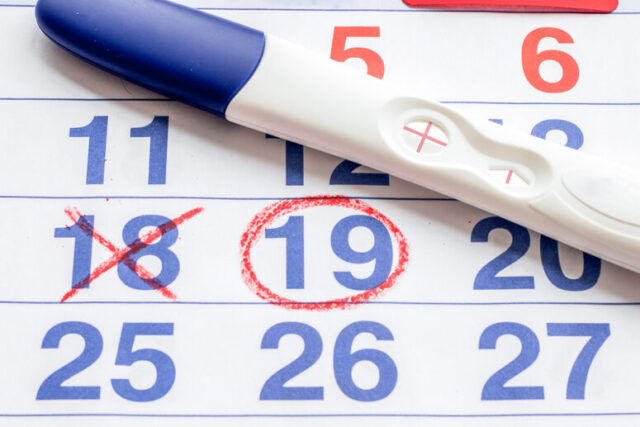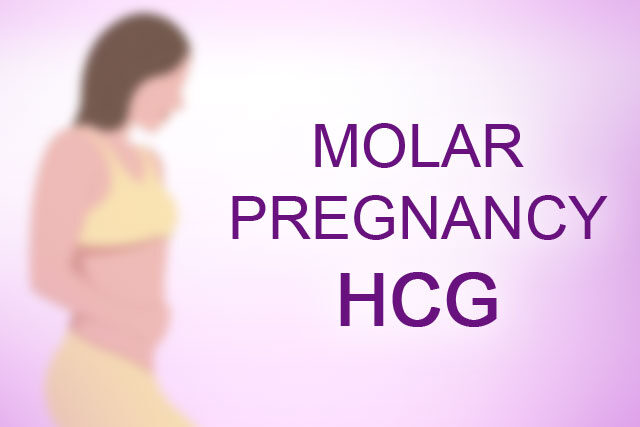While many of you have probably heard about postpartum depression, only a few know what antepartum depression is. In fact, this is the name for depression during pregnancy. It is proven scientifically that the prevalence rate for this type of depression reaches 16.4%. Due to the risks for the expecting mothers and their babies, it is essential to notice the problem at its initial stages and provide timely treatment. For this reason, the American College of Obstetricians and Gynecologists recommends screening for perinatal depression at least once during pregnancy.
Let’s get to know a bit more about the symptoms of antepartum depression, its causes, and factors that add to your risks of facing this mental health disorder.
The Basics about Antepartum Depression
Although our society sees pregnancy as a blessing, not all women feel the same about this period in their lives. There may be different reasons, like not being ready for motherhood, a lack of support from family, and so many more. Besides, the pregnancy itself might be really challenging with severe pregnancy symptoms, emotional rollercoasters, and fear for the baby. All these may significantly affect mental and physical well-being of a woman, driving her into depression.
This type of depression is possible exclusively during pregnancy. It is a mood disorder which shows through a lack of interest in things you used to love, indifference, and sadness you can’t explain or shake off. Another characteristic feature of this health issue is the inability to overcome it without medical assistance. No matter how hard you try to make yourself feel better, you don’t succeed.
As for the other symptoms of antepartum depression you may experience, they are:
- poor sleep;
- appetite changes;
- low energy levels;
- you get tired really fast;
- you lack interest in sexual relationships;
- you neglect self-care and care about the baby growing inside you;
- you suffer from anxiety;
- no motivation to do anything;
- you hate your reflection in the mirror and have low self-esteem;
- you think you are not ready to become a mom and be responsible for a little human being.
In severe cases, there is a chance you may develop suicidal thoughts. Therefore, you should seek professional medical advice, diagnosis, or treatment for your problem.
Who Is More Prone to Antepartum Depression?
The risk factors for depression and anxiety in pregnant people are similar to those who are not pregnant with a few points to be added. However, the presence of risk factors is not a reason for perinatal depression, as well as their absence is not a guarantee of not developing this mental illness.
The things that can increase your risks for antepartum depression include:
- a personal history of the major depressive disorder before pregnancy;
- a family history of depression;
- living through severe stress during pregnancy;
- domestic violence;
- a lack of support from family and society overall;
- being a single parent;
- poor relationships with the partner.
If any of the listed factors belong to you, you should be medically reviewed regularly not to miss the beginning of antepartum depression. So don’t hesitate to tell your OB if you have had any mental health disorders in the past.
The Causes of Depression
It is generally considered that pregnancy depression results from the hormonal changes taking place in the female body, as well as the physical changes in her appearance. There are also other causes of antenatal depression, including:
- Poor nutrition, particularly vitamin B and vitamin D deficiency. A lack of iron and zinc in your diet can also add to the risks of getting depression.
- Poor sleep. A lack of sleep or its poor quality has been proven to become the cause of pregnancy depression.
- A lack of social support. When feeling lonely during her pregnancy, a woman becomes at high risk of getting depressed. Emotional support, love, and care from other people are essential for the emotional well-being of the mother-to-be.
How Will Antepartum Depression Affect the Pregnancy?
This mental health condition is harmful not only to the psychological state of a woman but to her physical health too. This may lead to a number of issues related to the pregnancy and the health of the fetus. Here’s how your mood disorder can influence gestation:
- low baby birth weight;
- preeclampsia;
- preterm delivery;
- delivery through C-section.
Although many people believe antenatal depression increases the risks of developing postpartum depression, scientists haven’t found any correlation between these types of mental disorders.
As for the long-term consequence of maternal depression during pregnancy and the further development of the baby, it has been proven that children born from such mothers are more prone to mental illnesses. Specifically, they are more likely to suffer from behavioral disorders like autism, ADHD, GAD, learning disorders, and antisocial personality disorder.
The Management of Depression during Pregnancy
Implementing some changes to your lifestyle and nutrition can make a difference in how you feel. Enrich your diet with fruits and veggies. Eat fatty fish and protein to compensate for the lack of nutrients you may have. Normalizing your sleep schedule, as well as sufficient rest, can also work well for your emotional well-being. Some women feel better getting engaged in physical activity, like walking or swimming, as they help the production of endorphins – the so-called hormones of happiness.
Still, such changes do not intend to be a substitute for professional medical help. They can only work as additional factors you can benefit from.
If you think you might have antepartum depression, make an appointment with a doctor. You shouldn’t refuse to treat depression as this may cause the worsening of your condition. In mild to moderate depression, counseling and visiting support groups may be enough to improve your state. But if the symptoms are intense, or counseling alone is ineffective, your healthcare provider will offer some antidepressant medication. Despite common thoughts, there are many treatments that are safe to use during pregnancy. Among them:
- duloxetine;
- citalopram;
- venlafaxine;
- sertraline, and others.
By no means should you ever take antidepressants during pregnancy without your doctor’s advice. Remember that these medications are prescribed only when the potential benefits for the mother prevail over the possible risks for the fetus.
Each case of antepartum depression is unique and requires a different approach. Self-treatment is unacceptable here.
Bottom Line
Depression during pregnancy is much more common than we could think. Many women struggle with it all alone because they are afraid to be judged by society that thinks pregnancy cannot make you depressed. However, when it comes to your health, particularly your mental well-being, you should only think about what is good for you and ignore people who don’t understand you.
Remember that you are not alone. Even if your family does not support you, there are people who will. Just don’t keep your problem inside. Share it with your doctor, and they will do their best to take you out of this condition. Good luck!




